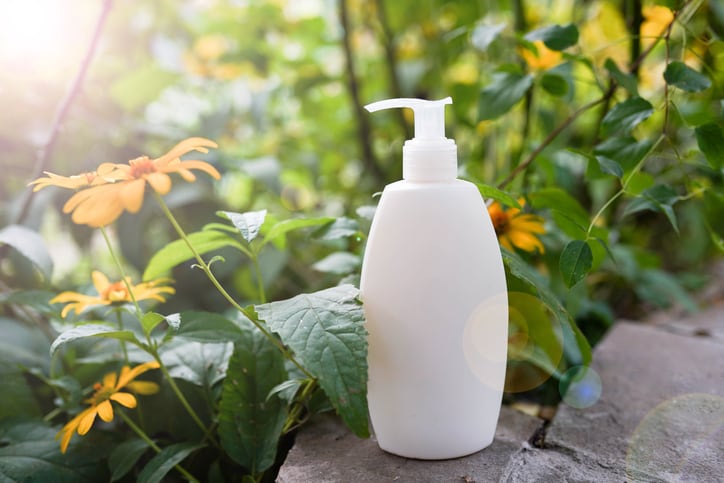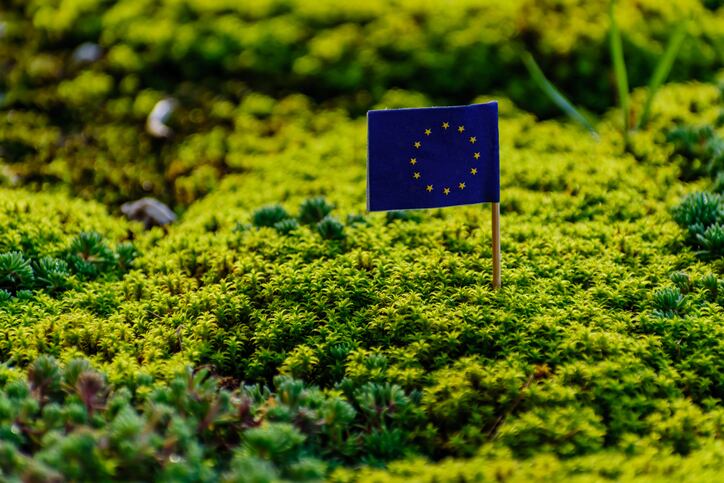Last month, the British Plastics Federation (BPF), in conjunction with the CTPA and Food and Drink Federation (FDF), published a guidance document Recycled Content Used in Plastic Packaging Applications as part of a push to empower industry to incorporate more recycled plastics into packaging. The guidance spotlighted the regulatory and technical considerations of working with recycled plastics and discussed how best to measure and communicate the inclusion rate, among other things.
Current regulations and technical constraints meant it remained impossible to incorporate recycled materials into many types of plastic packaging, largely due to rigorous safety requirements in place to protect human health or insufficient levels of good quality recycled plastics available to use.
Challenges to be ‘designed out’ ahead of 2022 UK plastic tax
Dr Emma Meredith, director-general of the CTPA, said the guidance was “extremely important and helpful” for many industries, including beauty, especially given proposed legislation set to come into force in the UK soon.
“The UK government has planned to impose a tax from 2022 on all plastic packaging that does not contain a minimum of 30% post-consumer recycled content,” Meredith told CosmeticsDesign-Europe.
The tax would likely “drive innovation” to increase plastic circularity and reduce use of virgin materials, she said, and so the guidance document was especially timely.
The guidance provided a “one-stop-shop” for manufacturers to access all pertinent information around incorporating recycled plastic materials into final packaging, she said.
“There are particular challenges around the inclusion of recycled plastic in packaging, and as companies work towards more sustainable packaging and a circular economy, these challenges need to be recognised and designed out wherever possible, whilst also ensuring the packaging remains safe for use and performs its function.”
Collaboration will drive use of recycled plastics in beauty
Packaging suppliers had long been working on sustainable alternatives, Meredith said, and use of recycled, post-consumer materials formed part of this innovation. Suppliers were also looking at new methods, technologies and machinery for manufacturing more sustainable packaging, such as environmentally friendly printing inks or improved bottle designs, she said.
“This is a normal part of everyday business,” she said, but further collaboration would help drive efforts even more.
“Collaboration between different industries on common issues is critical, as it allows experience and expertise from different sectors to be shared and built upon. The requirement for sufficient, high-quality recycled plastic, for example, is an issue facing us all. By working together, there is a greater change of overcoming the hurdles we face.”
Meredith said the CTPA was currently working with other industries and the UK government to ensure “joined-up policymaking” that benefitted human health and the environment on various areas, including Packaging Recovery Notes (PRN), Deposit Return Schemes (DRS), and kerbside recycling. The guidance document also had an important role here, Meredith said, as it could be used as an informative tool for policymakers and other stakeholders – “many of whom may not recognise the complex legislative framework”.
Collaborative work was also being done on the consumer-facing side of things, she said, to enhance clarity on difficult-to-recycle packaging and alternative routes of collection.




